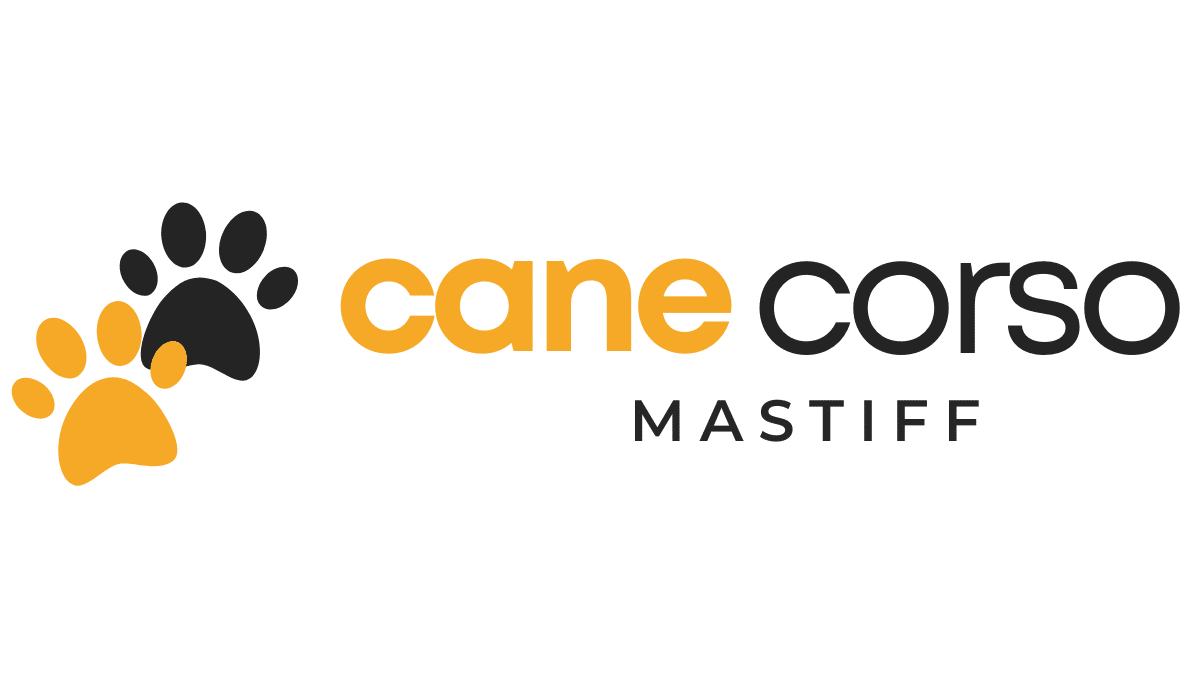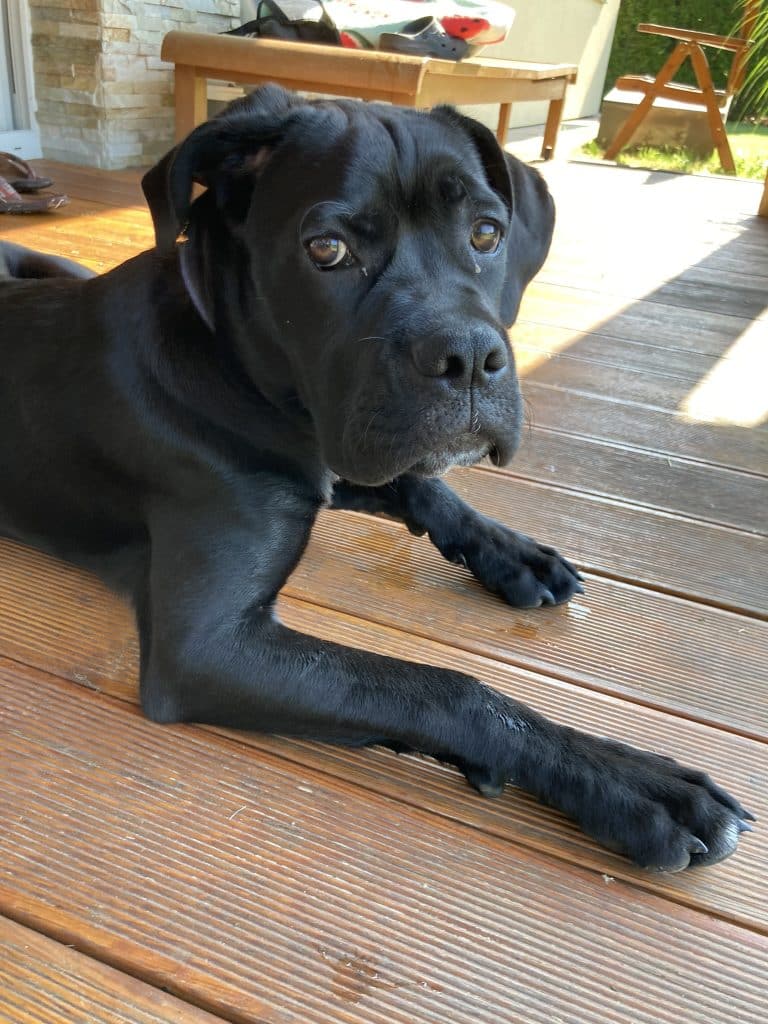The Cane Corso is a majestic, intelligent, and loyal breed known for its natural guarding instincts and strong will. While these traits make them exceptional companions, they also underscore the need for early training. Starting training early ensures your Cane Corso grows into a well-adjusted, obedient, and confident adult dog. This guide dives into why early training is critical, what to focus on, and how to avoid common pitfalls.
Why Early Training is Critical
Cane Corsos are a powerful breed with deep-rooted instincts for protection and loyalty. Without early training, these instincts can become difficult to manage, leading to behavioral problems such as excessive barking, territorial aggression, or stubbornness.
Key Benefits of Early Training:
- Behavioral Shaping: Puppies are like sponges, eager to learn and adapt to their environment. Early training helps shape their behavior positively.
- Building Trust: Starting training early fosters a bond of trust and mutual respect between you and your Cane Corso.
- Avoiding Behavioral Issues: Addressing unwanted behaviors like chewing or jumping during puppyhood prevents them from becoming ingrained habits.
Delaying training can result in a confused or defiant Cane Corso, making the process much harder as they grow older.
Key Developmental Stages for Cane Corso Puppies
Understanding your puppy’s developmental stages helps you tailor training to their needs:
- 0–8 Weeks: This is the time spent with their mother and littermates. Social skills begin to develop during this period.
- 8–16 Weeks: Often called the critical socialization window, this is when puppies are most receptive to new experiences.
- 4–6 Months: Your puppy begins to test boundaries, making consistent training essential.
- 6–12 Months: Adolescence begins. Training becomes more challenging as your dog’s independence grows.
Pro Tip: Maximize the 8–16 week period by exposing your puppy to various environments, people, and sounds. This sets the foundation for a confident and adaptable adult Cane Corso.
Foundational Skills to Teach Early
Start with basic commands and routines that establish your Cane Corso’s understanding of expectations and boundaries.
Commands to Begin With:
- “Sit”: Teach this by holding a treat above their nose and moving it back until they sit naturally.
- “Stay”: Use this command to build impulse control.
- “Come”: Ensure your puppy responds reliably to this command to prevent dangerous situations.
- “Leave It”: Helps redirect attention away from unwanted objects or behaviors.
Leash Walking: Start leash training early to prevent pulling or lunging. Use short, controlled walks and reward calm behavior.
Housebreaking Tips:
- Establish a consistent potty schedule.
- Take your puppy to the same spot each time to build a routine.
- Reward success with treats and praise immediately after they relieve themselves.
The Role of Socialization in Early Training
Socialization is just as important as obedience training, if not more so, during the early months. A well-socialized Cane Corso is less likely to develop fear-based aggression or anxiety.
How to Socialize Your Cane Corso:
- Introduce Them to New People: Gradually expose your puppy to individuals of different ages, appearances, and behaviors.
- Expose Them to Other Animals: Controlled interactions with well-behaved dogs and other pets teach your puppy appropriate social cues.
- Explore Different Environments: Take your Cane Corso to parks, markets, and other busy areas to get them used to various stimuli.
Key Point: Always pair socialization experiences with positive reinforcement to create associations of safety and fun.
Building Trust Through Positive Reinforcement
Positive reinforcement is the most effective training method for Cane Corsos. It motivates your dog to repeat good behavior while strengthening the bond between you.
Examples of Positive Reinforcement:
- Treats
- Verbal praise (e.g., “Good dog!”)
- Playtime or favorite toys
How to Implement Positive Reinforcement:
- Reward Desired Behavior Immediately: Timing is crucial—reward within seconds to ensure your puppy associates the reward with the correct behavior.
- Be Consistent: Use the same reward for the same behavior to avoid confusion.
Avoid punishment-based methods, as these can lead to fear and erode trust.
Common Challenges in Early Training
Training Cane Corsos can be challenging, especially for first-time owners. Understanding and addressing these challenges early can prevent frustration.
1. Nipping and Chewing:
- Redirect chewing to appropriate items like chew toys.
- Discourage nipping by stopping play and ignoring your puppy momentarily.
2. Short Attention Span:
- Keep training sessions short (5–10 minutes) to maintain engagement.
- Gradually increase session length as your puppy matures.
3. Overexcitement:
- Teach your Cane Corso to greet people calmly by practicing “sit” before interactions.
Establishing Routines and Boundaries
Routines provide structure and help your Cane Corso feel secure. They also prevent bad habits from forming.
Tips for Establishing Routines:
- Set consistent times for feeding, potty breaks, and play.
- Create a designated area for your dog to rest and relax.
Setting Boundaries:
- Use baby gates to restrict access to certain areas.
- Enforce rules consistently, such as no jumping on furniture unless invited.
Consistency is key—Cane Corsos thrive when they know what to expect.
When to Seek Professional Help
While many training aspects can be handled at home, there are times when professional guidance may be necessary.
When to Consider a Trainer:
- Persistent behavioral issues (e.g., aggression, extreme fearfulness).
- Difficulty teaching advanced commands or socialization.
- Lack of confidence in handling a large, strong breed.
Look for trainers experienced with Cane Corsos or other large working breeds. Puppy training classes can also be a great way to boost your dog’s obedience and social skills.
Long-Term Benefits of Early Training
The investment you make in early training pays off throughout your Cane Corso’s life. Some of the long-term benefits include:
- Fewer Behavioral Issues: Well-trained dogs are less likely to develop problems like barking or destructive chewing.
- Improved Bond: Training strengthens your relationship, building trust and communication.
- Easier Advanced Training: A solid foundation makes it easier to teach advanced commands or skills later.
Fact: A well-trained Cane Corso is not only a loyal companion but also a responsible addition to your community.
Conclusion
Early training is the cornerstone of raising a well-behaved and confident Cane Corso. By focusing on foundational skills, socialization, and positive reinforcement during the critical early months, you set your dog up for lifelong success. Remember, consistency and patience are key. Start training your Cane Corso today, and enjoy the rewards of a loyal, well-mannered companion.
Ready to begin your training journey? Share your experiences or questions in the comments below!

